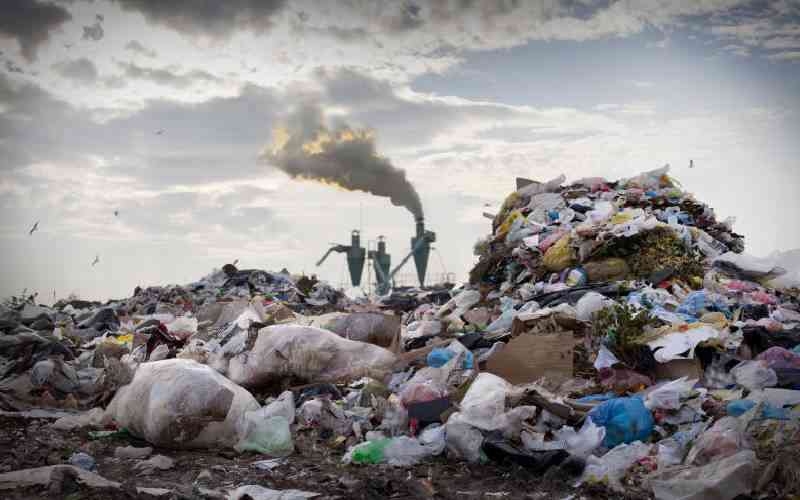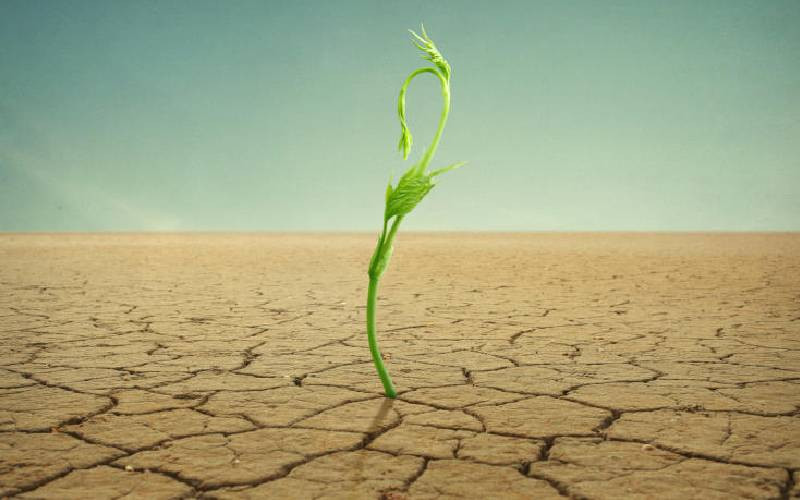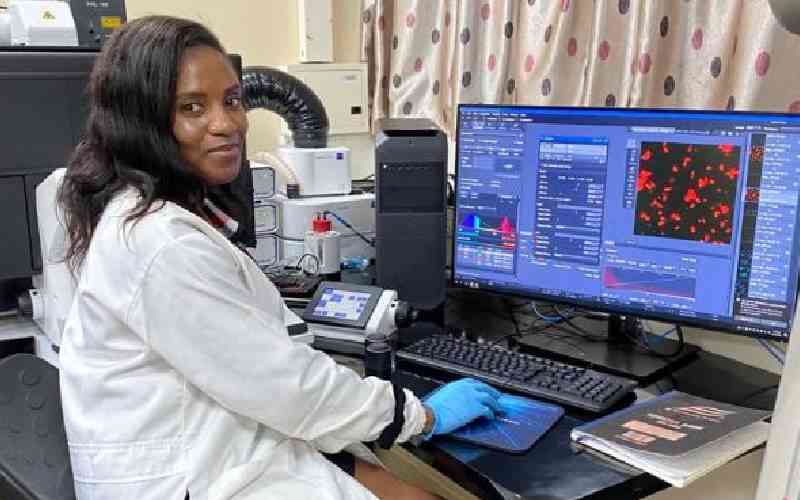
For most of us, body organs inspire little awe and wonder. They do their jobs and just keep plugging away until one day, they fail or stop. One such organ is the kidney.
"It is so silent we take it for granted," says Dr Samuel Kariuki Kabinga, a nephrologist (specialises in the kidneys and diseases that affect them). "But when the kidneys fail, the repercussions are profound for the individual owning those kidneys," he says.
Statistics from the Kenya Renal Association estimate that more than four million Kenyans (one in ten) have kidney disease. The number is projected to rise to 4.8 million by 2030.
Although the kidneys are best known for producing urine, they also make hormones that help with the formation of red blood cells in the bone marrow and balance all the fluids and chemicals found in different amounts and proportions inside and outside the body's billions of cells.
All of the body's blood passes through the kidneys 40 times every single day. "Keeping the body's juices suitably balanced would be hard work for a chemical engineer; the kidney makes it look easy, most of the time," says Dr Kabinga.
To care for your kidneys, the expert advises we drink sufficient water. "Water doesn't have to come in eight glasses daily. Fresh fruits and vegetables and various beverages such as milk and tea are suitable sources of hydration. Being hydrated means consuming enough fluids to the point where you're not thirsty, Dr Kabinga says, and that amount varies for everyone.
Avoid over-the-counter medications -- like long-term use of certain antacids, common anti-inflammatory drugs and antibiotics can damage the kidneys.
- Research uncovers link between eye changes and chronic kidney disease
- Sitting for hours linked to early death - exercise incapable of reversing effects
- Elda Monyenje: Kidney disease survivor raises awareness
- My son's kidney saved my life
Keep Reading
"Take them only under a doctor's advice," says Dr Kabinga. "A lot of herbal supplements and products are unregulated and can worsen kidney disease."
Exercising helps regulate and keep the blood pumping, helping prevent kidney stones, heart disease, high blood pressure, obesity, and Type 2 diabetes, all of which are risk factors for developing kidney issues in general.
Eating healthy and avoiding excess alcohol and smoking allows the body to stay healthy and prevents overworking of the body organs, the medic adds.
"Stay hydrated and fit. If not, you may have plenty of time to dwell on it while in dialysis."
 The Standard Group Plc is a multi-media organization with investments in media platforms spanning newspaper print
operations, television, radio broadcasting, digital and online services. The Standard Group is recognized as a
leading multi-media house in Kenya with a key influence in matters of national and international interest.
The Standard Group Plc is a multi-media organization with investments in media platforms spanning newspaper print
operations, television, radio broadcasting, digital and online services. The Standard Group is recognized as a
leading multi-media house in Kenya with a key influence in matters of national and international interest.











